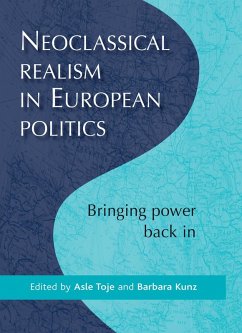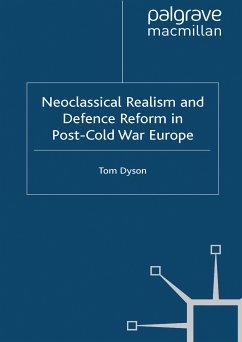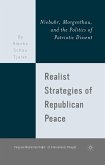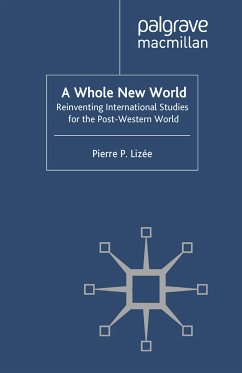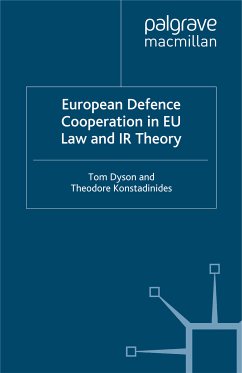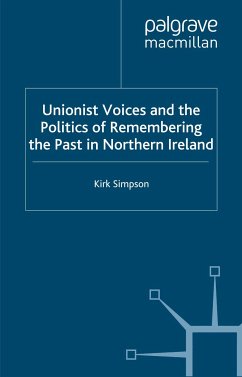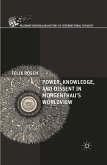Neoclassical Realism in Europe: bringing power back in provides a concise, provocative analysis of understanding relations at a time when the international system is in transition from unipolarity to multipolarity. In exploring the tenets of neoclassical realism, this work reasserts traditional ways of understanding international politics in terms of power and influence. The relevance of this is in empirical case studies related to key questions in European foreign and security politics. By viewing European integration from a realist vantage point, the work challenges established orthodoxy that emphasises the alleged sui generis nature of the EU which can only be understood by sui generis theoretical constructs - a notion that goes against the very essence of theorising. Through detailed case studies, the book illustrates that power and influence remain fruitful, even indispensable variables through which to understand foreign policy formation. The volume illustrates the continued relevance of the most established international relations theory and that this perspective is not mutually exclusive, but rather complimentary with the dominance of liberal theories (in America) and social constructivism (in Europe). The findings of the study have important implications for the understanding of the logic of integration and of the EU as a foreign policy actor. Neoclassical Realism in Europe: bringing power back in is designed for use in courses on international relations theory and European Studies. It also provides a rigorous survey for specialists seeking to understand the dynamics of international relations in a time of change.
Dieser Download kann aus rechtlichen Gründen nur mit Rechnungsadresse in A, D ausgeliefert werden.

